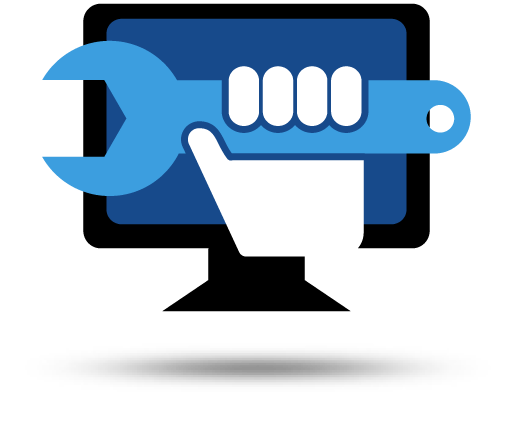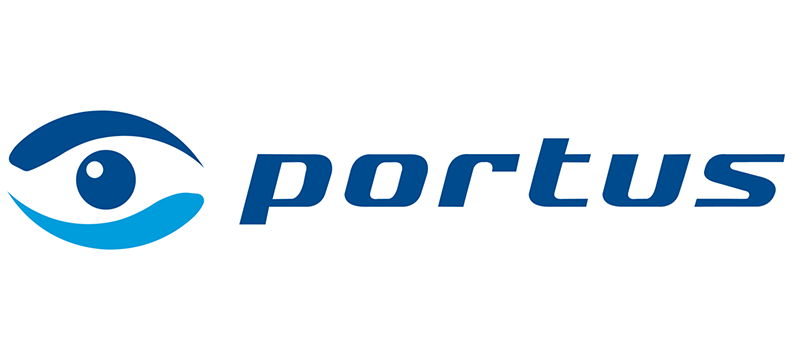Buyer’s Workbench
The Portus Buyer Workbench module is an advanced workflow automation solution that brings efficiency and pin-point accuracy to the materials purchasing process. While native MRP solutions routinely provide a list of planned orders, they do not provide any additional functionality to efficiently convert planned orders to purchase orders with suppliers to address this deficiency.
With the Portus Buyer Workbench module, you have an “Amazon-like” shopping environment where:
- A shopping list in priority order is presented to buyers. Buyers can reorganize their shopping list to focus on particular suppliers, manufacturers, customers, or individual demand signals.
- Once a buyer chooses an item to work on, Portus presents relevant data from both the ERP system and the marketplace including
- Item master dynamics such as lead time, minimum order quantities, preferred vendor, etc.
- Purchase Order history
- Quote history
- Market availability through a real time web service that checks for availability of parts with hundreds of electronics suppliers on a real time basis.
- A recommendation is made by a programmable artificial intelligence algorithm that optimizes pricing, working capital utilization, and availability based on a predefined set of rules.
- Buyers can simply move the Portus recommendation to the Shopping Cart or make modifications to pricing, quantities, delivery dates etc. prior to moving the action to the shopping cart.
- Items from the shopping cart can then be moved to the ERP system and automatically generate purchase orders in one of several integration mechanisms that Portus has developed for each of the ERP platforms with which we integrate.
- Each action moved to the cart is analyzed for purchase price variance and excess inventory generated to highlight purchase actions that will yield unhealthy results downstream.
- The system also allows buyers to assign problem codes to items that cannot be purchased for valid reasons. Downstream reporting shows how long items have been in a problem code state and provides pareto analytics to see which problem codes cause the most lag in the purchasing process.



